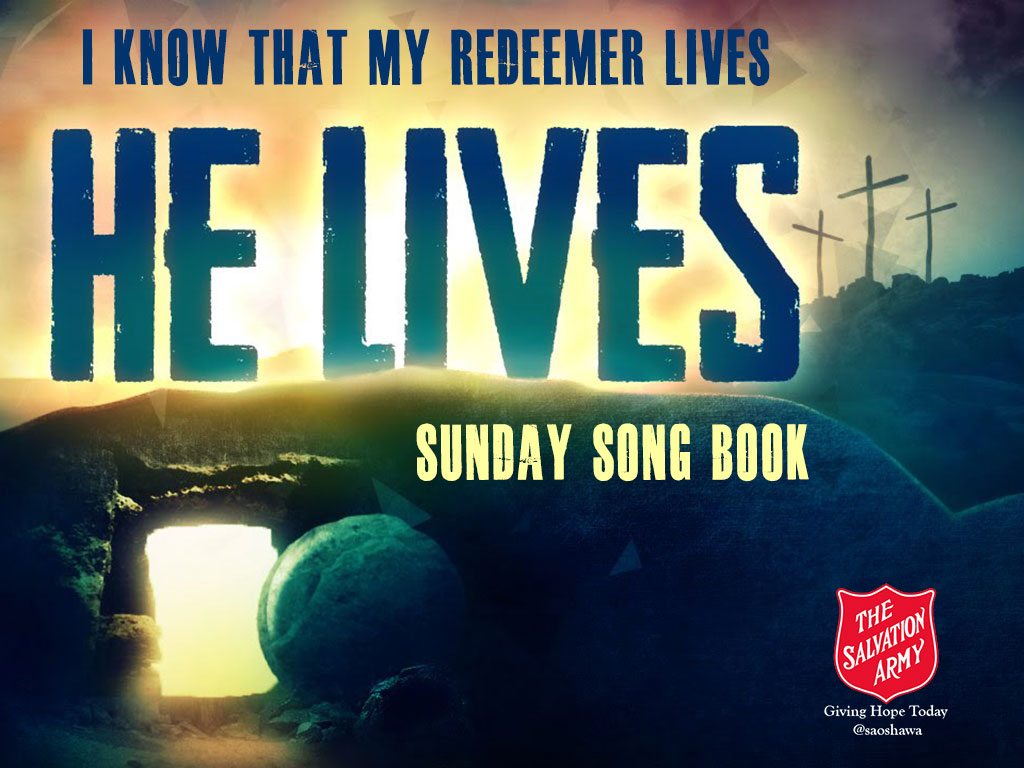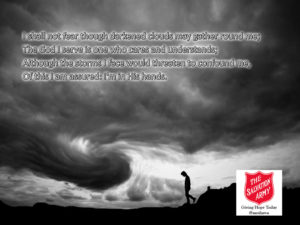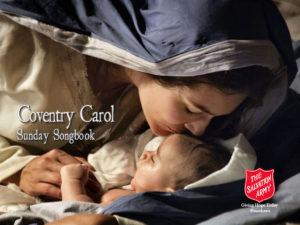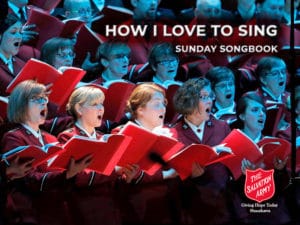O joyful sound! O glorious hour,
When Christ by His almighty power
Arose and left the grave!
Now let our songs His triumph tell
Who broke the chains of death and Hell,
And ever lives to save.
He lives, He lives,
I know that my Redeemer lives!
He lives, He lives,
I know that my Redeemer lives!
The first begotten of the dead,
For us He rose, our glorious Head,
Immortal life to bring.
What though the saints like Him shall die,
They share their Leader’s victory,
And triumph with their King.
No more we tremble at the grave,
For He who died our souls to save
Will raise our bodies, too.
What though this earthly house shall fail,
The Saviour’s power will yet prevail
And build it up anew.
Such an uplifting, soul-stirring song to celebrate our Lord’s resurrection! Thomas Kelly, the author, surely experienced the Easter joy of which he wrote.
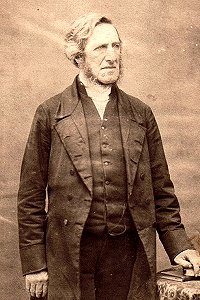 Kelly, an Irishman, was educated at Trinity College, Dublin, and then moved to London to pursue a career in law. Instead, however, he became a devout Christian and was ordained in the Irish Episcopal Church in 1792. His beliefs were too evangelistic to gain the approval of the Archbishop of Dublin, who prevented Kelly from preaching there. For a while Thomas Kelly preached in what were considered “unconsecrated buildings”, but he later established his own churches in other towns. He wrote 765 hymns, which were published in a number of collections. Kelly was known for his amiable personality, his support of worthy causes, and his zeal, along with his humility.
Kelly, an Irishman, was educated at Trinity College, Dublin, and then moved to London to pursue a career in law. Instead, however, he became a devout Christian and was ordained in the Irish Episcopal Church in 1792. His beliefs were too evangelistic to gain the approval of the Archbishop of Dublin, who prevented Kelly from preaching there. For a while Thomas Kelly preached in what were considered “unconsecrated buildings”, but he later established his own churches in other towns. He wrote 765 hymns, which were published in a number of collections. Kelly was known for his amiable personality, his support of worthy causes, and his zeal, along with his humility.
WORDS: THOMAS KELLY MUSIC: UNKNOWN COMPOSER
S.A.SONG BOOK, 1987 EDITION, #149; 2015 EDITION, #229
REFERENCES: USAWEST.ORG; HYMNARY.ORG
